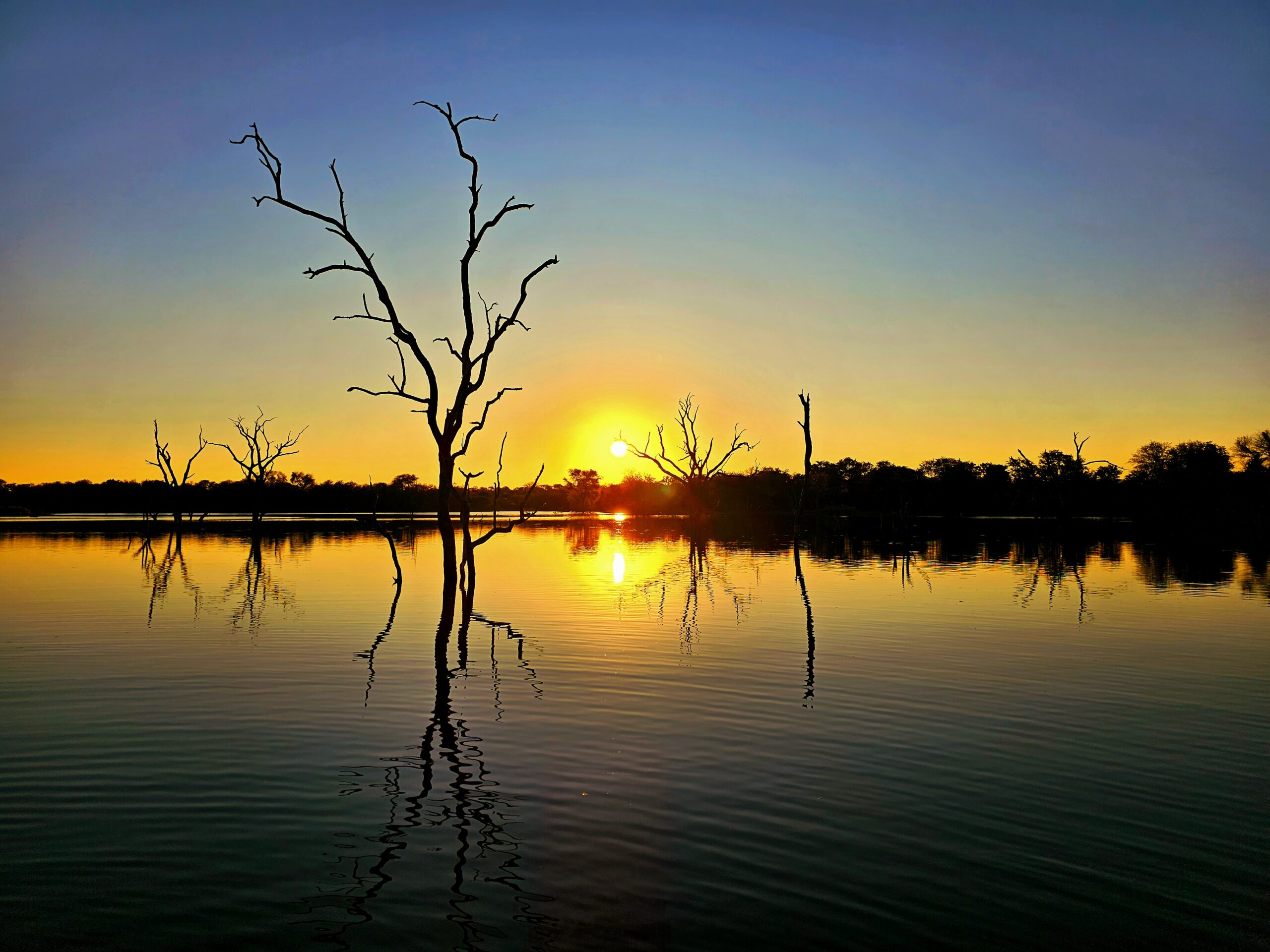How Hunting Supports Conservation: The Role of Ethical Hunting in Zimbabwe
Many people associate hunting with controversy, but ethical and regulated hunting plays a crucial role in conservation. In Zimbabwe, well-managed hunting programs contribute significantly to wildlife preservation, anti-poaching efforts, and local community development.
The Connection Between Hunting and Conservation
Sustainable hunting practices help balance wildlife populations while funding conservation initiatives. Without ethical hunting, overpopulation and habitat destruction can threaten ecosystems and animal species.
How hunting contributes to conservation:
• Funding Anti-Poaching Units: Revenue from hunting licenses and fees supports rangers who
combat illegal poaching.
• Wildlife Population Control: Prevents overpopulation that can lead to habitat degradation and
starvation.
• Economic Benefits for Local Communities: Hunting safaris create jobs and provide income to rural areas, incentivizing wildlife protection. Zimbabwe’s Ethical Hunting Regulations
Zimbabwe enforces strict regulations to ensure fair chase and sustainable hunting practices:
• Licensing & Quotas: Each species has a controlled quota to prevent overhunting.
• Professional Hunting Guides: Every hunt is conducted under the supervision of a licensed PH.
• Anti-Poaching Contributions: A portion of hunting fees goes directly to conservation projects.
Common Misconceptions About Hunting and Conservation
1. “Hunting leads to extinction” – In reality, regulated hunting ensures species survival by funding
conservation efforts.
2. “Hunting only benefits hunters” – The entire ecosystem, including local communities, benefits
from ethical hunting.
3. “Photographic tourism can replace hunting” – While tourism is valuable, hunting generates direct
conservation funds that tourism alone cannot match.
How You Can Support Ethical Hunting
If you’re a hunter or conservation enthusiast, consider booking a sustainable hunting safari with African Dream Safaris. Your participation directly contributes to protecting Zimbabwe’s wildlife for future generations.
